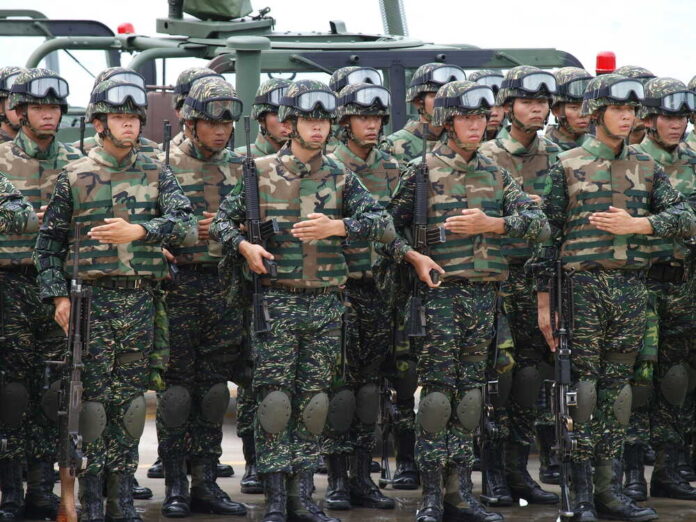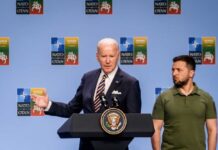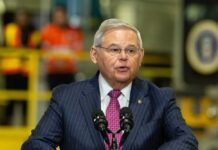In response to what it sees as “collusion” between Taipei and Washington, Taiwan’s primary foreign supporter and weapons supplier, China has intensified military action near the island over the last three years.
But the military exercises conducted by China in reaction to Taiwanese President Tsai Ing-wen’s visit to the United States were less of a “show of force” than those undertaken by China when former US House Speaker Nancy Pelosi visited the island last year.
Experts have speculated that China’s activities are partly for a home audience, given the nature of the armaments used in the drills, and that the country has no intention of disrupting maritime routes or commerce. China continues to rely mainly on free commerce that flows through this area, and any disruption to maritime lines of communications that travel via Taiwan would also have consequences for Chinese ports.
The People’s Republic of China claims democratic, self-ruled Taiwan as part of its territory and has vowed to take it over one day.
Taiwan is aware of China’s continued strategy to test Taiwan’s ability to identify military assets by conducting exercises like this.
Beijing is “simply seeking” to convey that “any high-level communication between Taiwan and the outside world is not acceptable to it,” according to Dr. Benjamin Ho, assistant professor in the China Programme at the S Rajaratnam School of International Studies.
Although the Taiwanese may feel it is within their rights to enter any number of international engagements with foreign partners, the Chinese see such meetings as a threat to their control over Taiwan and hence a breach of their sovereignty.
The January presidential election is also on the minds of the Taiwanese people.
Dr. Ho said continued tensions with China would not affect the average Taiwanese. They’ve been hearing these threats for the last seven decades. This is, he said, not very unlike what they have experienced.
He also said that the government of Taiwan had raised the length of mandatory national service from four months to a year to highlight the importance of security. Yet, other than that, their lives are mostly unaffected.
According to him, Taiwanese people may continue “living their own lives without too much stress” for now.


















